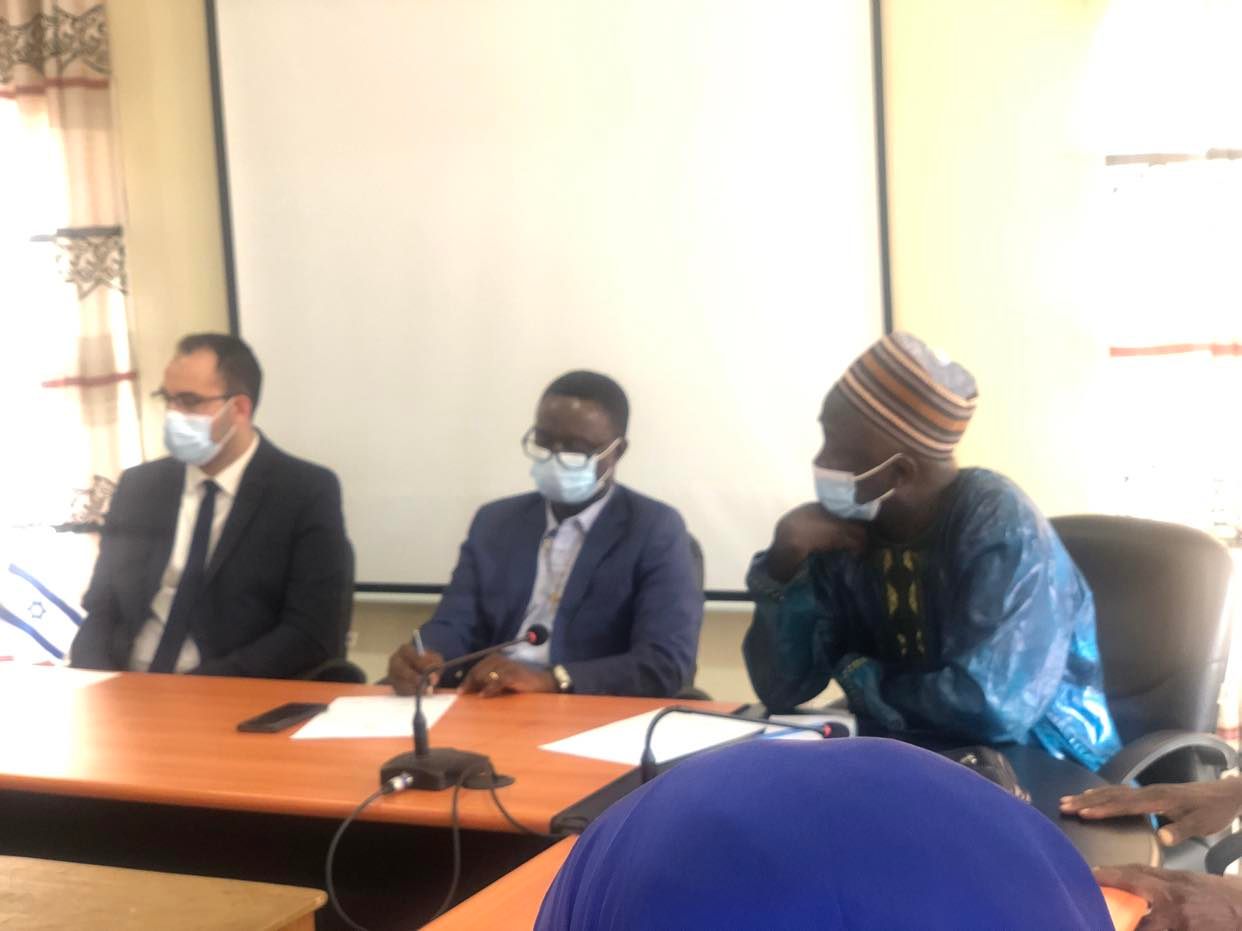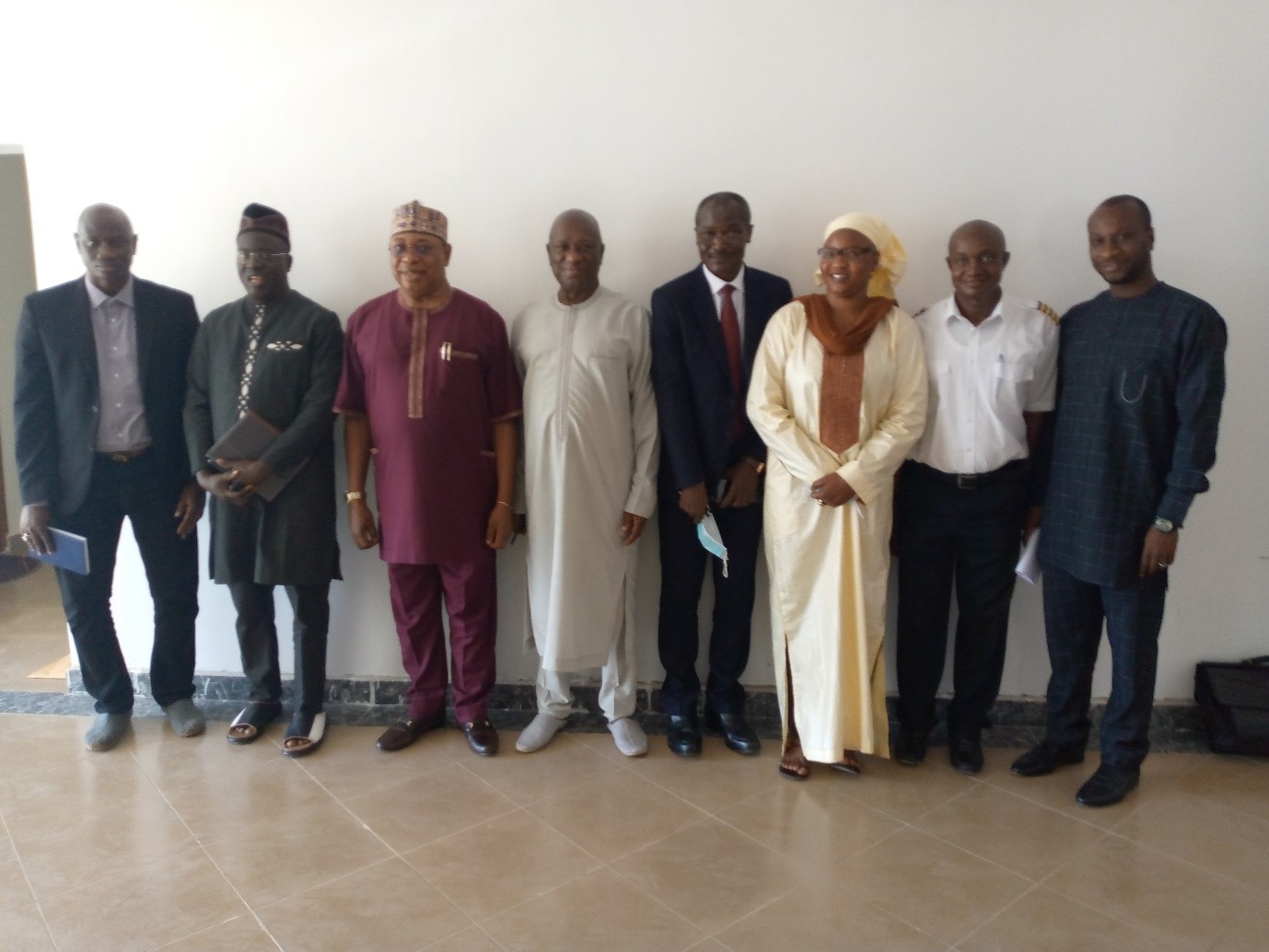By Binta Jaiteh
The Executive Director of Gambia Participate, Marr Nyang, has described the excision of the Illicit Enrichment Clause from the Anti-Corruption Bill as unfortunate.
“It is really unfortunate that we see the members removing that clause from the bill. We also see them using culture as an advantage to compromise certain progressive proposed legislations in the anti-corruption bill,” Nyanglamented as he recently spoke during an engagement with stakeholders on a project geared towards strengthening accountability networks among CSOs. The project, funded by the EU, is being implemented in 16 countries around the world.
According to him, it’s concerning to see parliamentarians trying to limit the reach of “a progressive legislation” from the Ministry of Justice to establish an anti-corruptioncommission that would serve as an oversight on the Executive.
“Anti-corruption commissions are not ordinarycommissions because they investigate and prosecute. If those powers are limited, they become ceremonial,” Nyang pointed out.
“Our culture does not promote undue advantage, and illicit enrichment. Anything illicit is illegal. A good number of parliamentarians both from the ruling party and theopposition did good. Only less than 2% of the members are trying to compromise the bill and the introduction of new clauses to prevent the anti-corruption commission to investigate corruption cases before it’s establishment,” he stated.
He wondered who exactly are those that opted for the expunging of the clause trying to protect.
“Who are they protecting? If the ruling party and the Ministry of Justice built in this progressive bill and then you have members that are within that party compromising the work of government, then that is a concern,” Nyang said.
He pointed out that the bill is progressive and compatible with domestic laws, regional and international conventionsthat The Gambia ratified.
“Unfortunately, while the bill was going through the consideration stage, some dentist members started removing those teeth from that bill. One of the interesting things in this country is that no politician is comfortable in their seats now while we talk about vertical accountability. I guess the citizens should not be taken for a ride anymore and when they do, it is manifested in the ballot,” he stated.
It would be recalled that the National Assembly has deleted illicit enrichment prescribed in Section 37 of the 2019 Anti-Corruption Bill.
Most of the opposition NAMs voted for Section 37 of the Anti-Corruption Bill to be inserted into the Bill some NPP NAMs thwarted their wish.
According to Section 37 sub-section (a) and (b) of the Act-Corruption Bill, a person, who being or having been a public officer, is in possession of unexplained wealth through himself or herself or another person, maintains a standard of living above that which is commensurate with his or her present or past official emoluments; or is in control of pecuniary resources or property disproportionate to his or her present or past official emoluments, unless he or she gives satisfactory explanation as to how he or she was able to maintain such standard of living or how such pecuniary resources or property came under his or her control, commits an offence and liable on conviction to a fine of three hundred thousand Dalasi or imprisonment for seven years or both.




